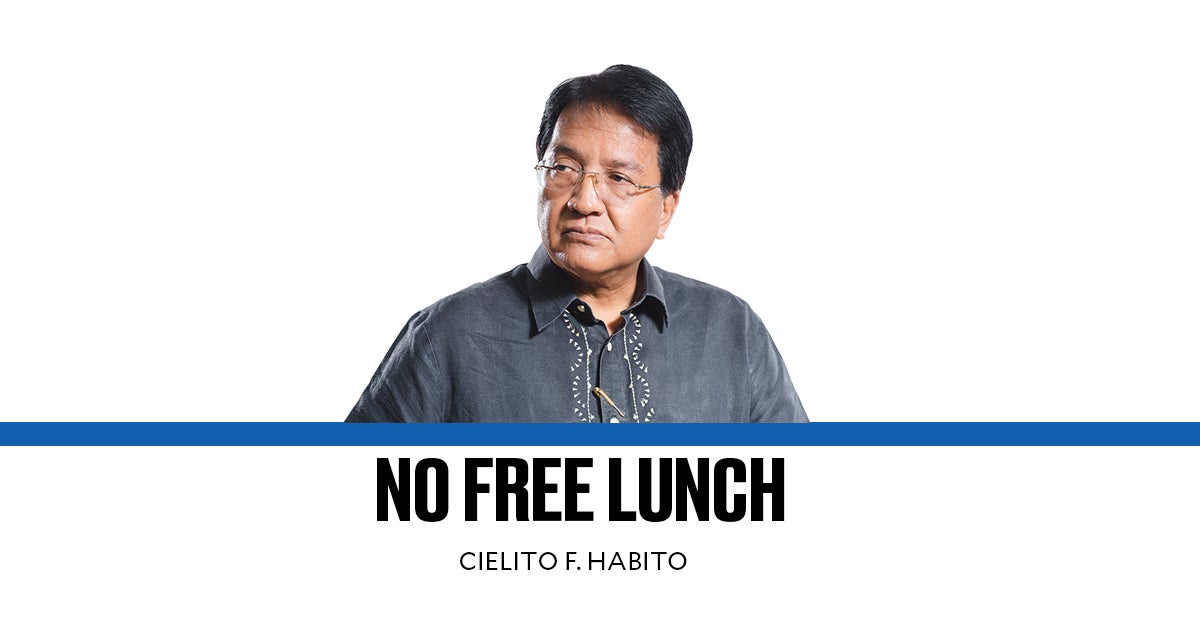Should LGUs manage education?

The Local Government Code of 1991 (Republic Act No. 7160) devolved health, social welfare, and agriculture services to local government units (LGUs). With new local officials having been voted into office, should education services be similarly entrusted to them? Could the decentralization and devolution of education help us out of our current education crisis?
Actually, education management in the Philippines was supposedly decentralized down to the school level since 2001, when the reorganized Department of Education (DepEd) under RA 9155 adopted school-based management (SBM) as a governance framework. SBM transferred power, authority, and resources to the schools to empower school heads and foster transparency and local accountability. But in practice, DepEd remained a highly top-down, top-heavy bureaucracy, where learning outcomes have suffered under its sheer weight. Schools operate in a system dubbed a “memocracy,” unable to act without an authorizing memorandum from the higher-ups. Mayors have attested that their local education initiatives were blocked by division superintendents, invoking lack of a memo or approval from DepEd superiors. The Second Congressional Commission on Education (EdCom II) blames the “long history of centralized and hierarchical control exerted over the DepEd bureaucracy.”
What are the pros and cons of decentralizing and devolving education? Adherents of centralization like the easier coordination that comes with standardized policies and procedures uniformly followed throughout the system. However, this standardization could well be its very weakness, as it could prove unresponsive to peculiar local needs and slow down decision-making, especially in response to urgent local issues and emergencies. In a decentralized system, local decision-makers can respond quickly to challenges and can make more informed decisions, being more knowledgeable about the local situation. It also helps bring out the best in those in low-level positions when they are given the leeway to demonstrate their abilities and exercise creativity. Resource management is more efficient and transparent, especially when the community is involved in education governance.
With these in mind, EdCom II, through the Synergeia Foundation, pursued a “proof of concept” initiative on education devolution in the province of Iloilo, where the provincial leadership and many mayors have embraced the idea of education devolution. Amid the widely reported poor reading comprehension among third-grade Filipino children, 11 pilot municipalities in the province—Barotac Viejo, Batad, Cabatuan, Guimbal, Igbaras, Maasin, Mina, Leganes, Lemery, Pavia, and Sara—signed up for the program to focus on building skills of primary school teachers. They came together, determined to make all their Grade 3 pupils proficient readers by the end of the 2025 school year, and have pursued strengthening their teachers’ capability to facilitate learning to read and understanding what they read. Teachers were trained to harness the power of stories to develop comprehension and foster critical thinking through effective questioning. It also covered formative assessment and monitoring strategies and designing work programs tailored to students’ needs. To demonstrate their seriousness, the provincial leaders have reportedly committed to allocate P600 million for education.
The evidence has begun to come in on the difference that Iloilo’s local education initiative has made, via test results of Grade 3 children from the experimental group (i.e., from pilot areas) and control group (from nonparticipating areas). In all test items, the experimental group performed better in both Filipino and English, scoring an average of 88 percent against the control group’s 81 percent. The experimental group could answer seven out of 10 questions in English, whereas the control group could answer only five out of 10. The experimental group could answer eight out of 10 questions on a story that tests their critical thinking, whereas the control group could answer only seven out of 10. In all cases, the differences were statistically significant. LGU leaders are pleased with these initial results and are driven by even greater determination to take a stronger role in improving education services in their provinces and municipalities.
Over 20 years ago, then Naga City Mayor Jesse Robredo saw similar improvements from reforms he introduced to their local school board. There is indeed evidence in favor of shifting more education governance down to the LGU and school levels. But as provinces and their leaders vary widely, it would be best to phase it, starting with provinces like Iloilo that are ready and have the right leaders, and then roll it out as other areas shape up.
The winners will be our future generations of Filipinos and the country as a whole.


















The heart of a great Filipino leader